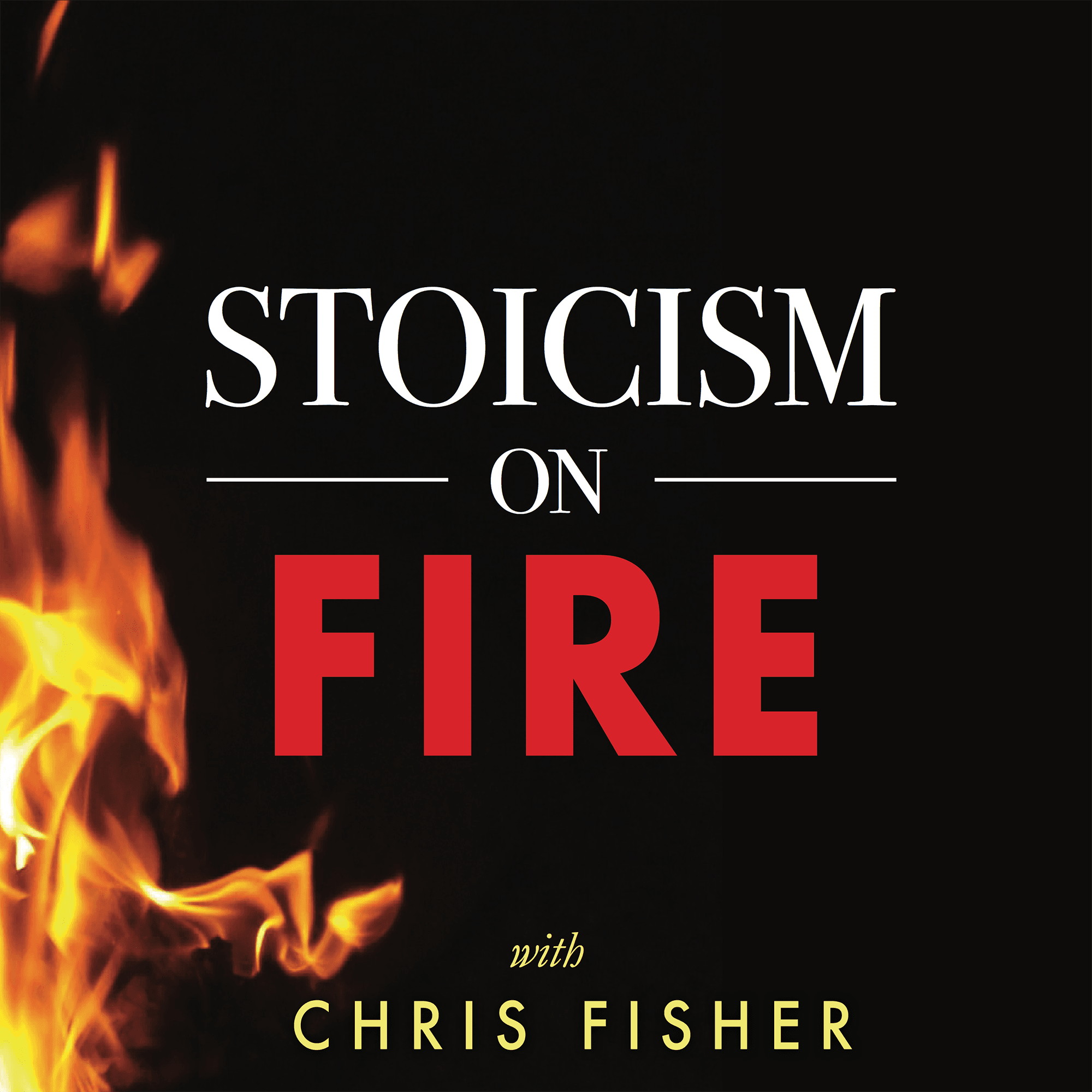Exploring Encheiridion 3 – Episode 33
Description
This famous passage from Encheiridion 3 highlights the fact that this handbook is intended for practitioners who are already familiar with Stoic theory and practice. I say that because passages like this one, read in isolation, without an adequate understanding of Stoic teachings, can easily leave one with the wrong impression. In fact, absent the larger context of Stoic theory and practice, this passage in particular can appear inhumane or even pathological, and has turned people away from Stoic practice. As Lawrence Becker, the late professor of philosophy at the College of William and Mary, points out:
The image of the austere, dispassionate, detached, tranquil, and virtually affectless sage – an image destined to be self-refuting – has become a staple of anti-Stoic philosophy, literature, and popular culture. It has been constructed from incautious use of the ancient texts and is remarkably resistant to correction.[1]
However, when we place a passage like this within the full context of Stoic theory and practice, the caricatures conjured up by these incautious interpretations are easily dismissed. By focusing on several key words and phrases used in this passage, we can see this is simply another, more advanced, application of the distinction between what is up to usand not up to us. So, let’s dissect this passage, place it in context, and see if a different picture of Stoic practice emerges. First, we need to consider three important phrases in Encheiridion 3. Epictetus offers three different categories of things. In summation, these categories include everything that attracts us or has its uses or that we are fond of in life. Let’s take a look at each of them:
* A thing that “attracts you” (ψυχαγωγούντων) – amusement (Discourses 2.16.37); fascination (Discourses 3.21.23); entertainment (Discourses 4.4.4).* A thing that “has its uses” (χρείαν) – useful; can be used or put into service. This Greek word is used more than one hundred times in the Discourses and Encheiridion combined.* A thing “you are fond of” (στεργομένων) – love, affection. A form of this Greek word is used eleven times in the Discourses and Encheiridion. It is used six times in Epictetus’ lesson on family affection (Discourses 1.11).
It is important to consider the broad range of external things these three categories include because it helps us understand the meaning of this passage and avoid a mischaracterization of Stoicism this passage frequently evokes. First, it includes external things we find amusing, fascinating, or entertaining. This may be a television, computer, or other electronic device that provides mindless entertainment; it may also be a beautiful painting or other piece of artwork we admire; or it could be a collection of coins, stamps, dolls, trinkets, etc. This list is nearly endless. Next, are those things we may find useful or of service. Again, many things come to mind: a favorite coffee cup, a smartphone, computer or tablet, car, house, a comfortable chair, etc. Once again, the list of things that fall into this category is extremely long. Finally, we have those things for which we feel love or affection.
Wait a second! Did Epictetus say love and affection? To be precise, Epictetus uses a Greek word that is typically translated as “fondness,” as it is here. However, the Greek root for this word means love or affection.[2] Interestingly, the fondness in this passage is directed exclusively at people. Specifically, this passage directs fondness toward our children or spouse. This highlights a sense of feeling and connection with loved ones that many mistakenly believe is absent in Stoicism. As we will see later, the image of the unfeeling,
More Episodes
An interview with Will Johncock, author of Beyond the Individual: Stoic Philosophy on Community and Connection.
Published 04/03/23
Published 04/03/23
Set before your eyes every day death and exile and everything else that looks terrible, especially death. Then you will never have any mean thought or be too keen on anything. (Ench 21)
That’s an interesting list: death, exile, and everything else that looks terrible. We can all relate to...
Published 10/05/22


